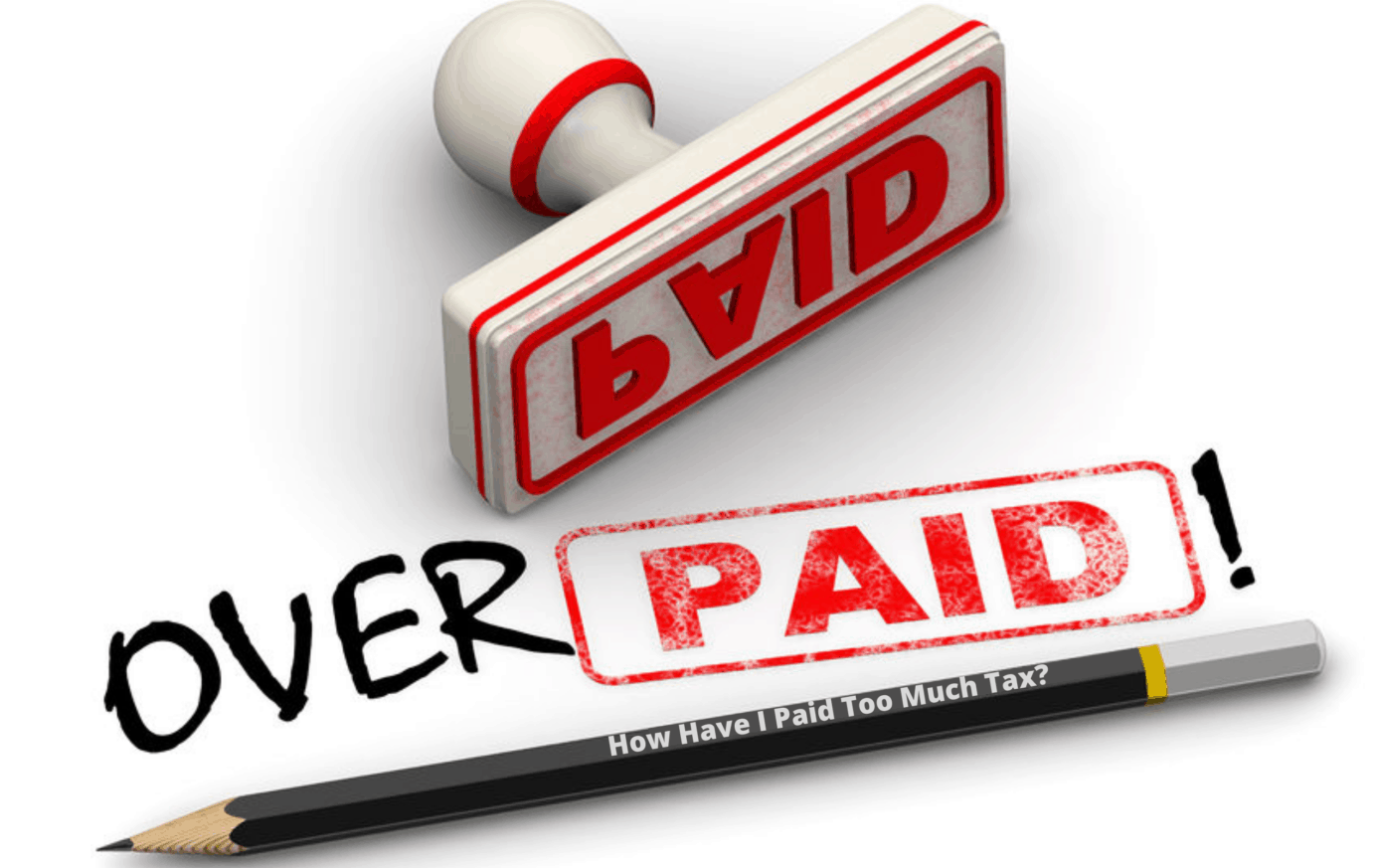You will also pay the Universal Social Charge (USC) at the higher 8% rate.
Emergency tax can be refunded through your wages if your employer receives details of your tax credits from Revenue and are informed that you are to be taxed on the ‘cumulative basis’ (i.e. the normal tax basis).
Where you have not received a refund of emergency tax through your wages, you can apply for the overpaid tax to be refund through our simple online application form.
2. Worked Part of the Year Only
If you only worked for part of the year and paid tax, you may be due a tax refund. You are entitled to the tax credits from the weeks in which you did not work. These tax credits can be refunded to you up to the amount of tax you paid in the year.
The same is true if you paid tax on some of your income at 40% and did not work for a number of weeks in the year. Some of the income which was taxed at the higher rate might only be due to be taxed at the standard 20% rate, leading to an overpayment of tax.
3. Gap Between Employments
Having a long gap between employments often causes you to be taxed on the incorrect tax code (week-1 basis) when you resume work. This is because Revenue have yet to verify that you were not working or earning some form of taxable income throughout that period.
If you remain on the week-1 basis until the end of the year, you will not receive the benefit of the tax credits you did not use while you were out of work.
However, these unused tax credits can be reclaimed and refunded at the end of the year.
4. Multiple Jobs at the Same Time
If you work in two (or more) jobs at the same time, you can divide your tax credits and rate band between jobs.
If you have not split your tax credits between your jobs, then you may be paying tax at the highest rate in one of your jobs.
Likewise, you might not split your tax credits as effectively as possible, resulting in you paying more tax than you should have.
Our end of year reviews automatically calculate the tax credits you did not use during the year, helping to maximise your rebate.
5. Being on the Wrong Tax Code
There are 2 tax codes you could be put on.
Tax is normally calculated using the ‘cumulative basis’. This means that each pay day, all earnings and all tax credits from 1 January of that year are accumulated. This is to ensure you have paid the correct amount of tax and you have received the benefit of all your tax credits.
The week-1 basis is also known as ‘non-cumulative basis’ or month-1 basis for monthly employees. You tax each pay day on its own, separate from previous weeks. Pay and tax credits are not accumulated from the previous 1 January.
On the week-1 basis, if you have unused tax credits from weeks where you had zero or reduced pay, you will not get the benefit of these credits in later weeks through your wages. Likewise, if you overpaid tax in previous weeks, this will not be refunded through your wages while on the week-1 basis. However, you will be entitled to reclaim the unused tax credits and overpaid tax back at the end of the year.
6. Earning Less Than the USC Limit
The Universal Social Charge (USC) is applied to everyone who earns more than €13,000 a year.
The Revenue system automatically reviews the tax year from 2 years ago to determine whether or not you should be exempt from the USC. This system works in most cases, but not when your income level changes from being above €13,000 two years ago to below €13,000 this year. This can often be the case if you are returning to education or have reduced your working hours to care for a family member.
If you were not given the USC exemption and have earned less than €13,000 in a year, you will be entitled to a refund of the full amount of USC that you paid.
7. Tax Credits Being Incorrect
Each year a Tax Credit Certificate is issued indicating the tax credits that have been allocated to you. Most people ignore this letter as they assume that everything is correct. However, sometimes you might be missing tax credits that would normally be assigned to you.
If you are missing any tax credits during the year, then you will pay more tax than you should have, resulting in an overpayment of tax at year end.
Our end of year reviews verify you have claimed all of the tax credits you are entitled to. This way, we can be confident in maximising your tax refund.
8. Claiming Additional Tax Credits
There are more than a dozen different types of tax credits and reliefs available. The seven most common areas where people are managing to claim the most money back from the taxman are in:
- Medical expenses
- Overpayment of tax
- Claiming employment expenses
- Home carer tax credit
- Tuition fees
- Single parent tax credits
- Married tax credits
How To Reclaim Your Overpaid Tax
The quickest & easiest way to reclaim overpaid tax is by completing our 50-second Quick Review Form. We will then review your taxes for the last 4 years, examine if you have been impacted by any of the above issues and transfer any tax rebate directly into your bank account.
Alternatively, you can fill in our Full Review Form, which will determine any additional tax credits you may be entitled to for the last 4 years, helping to maximise your tax rebate.



